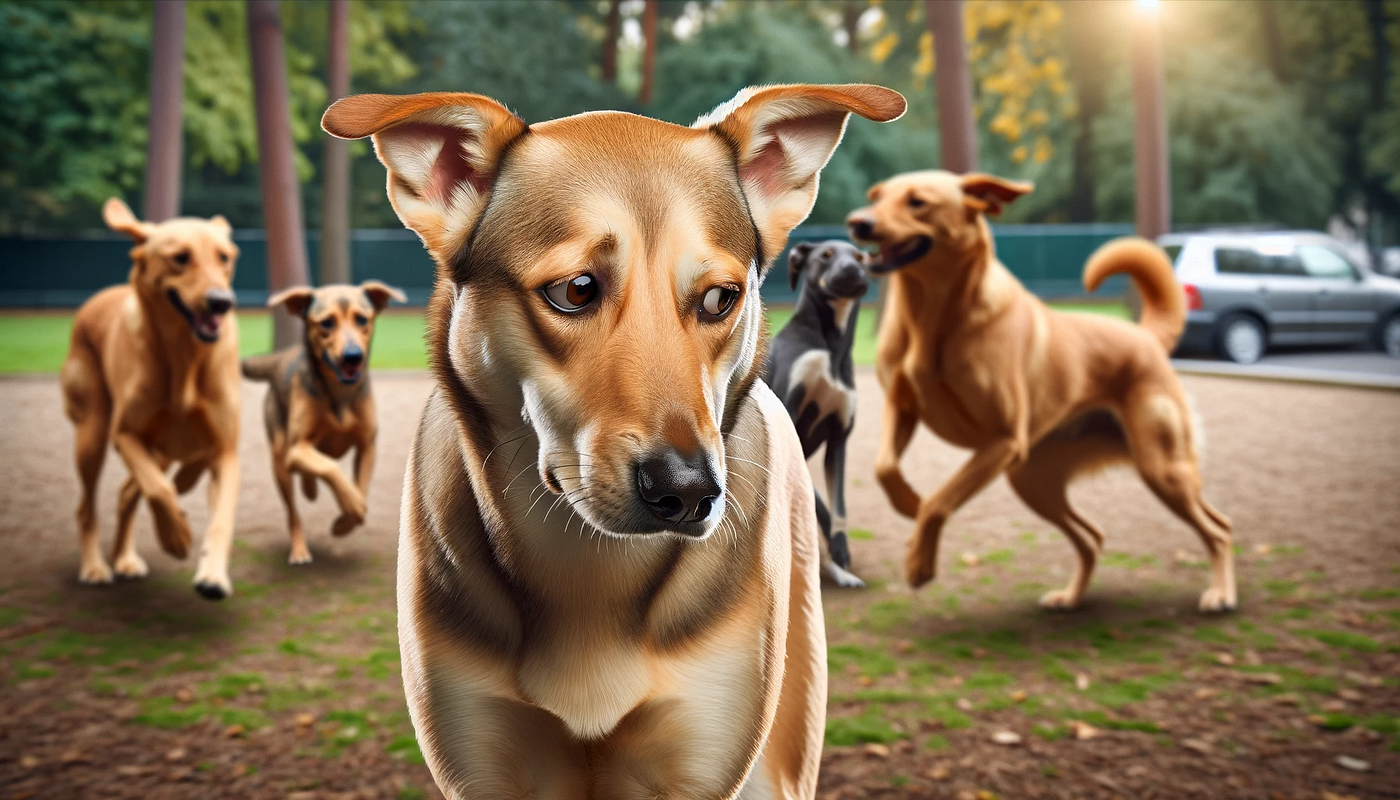
Have you ever wondered if dogs can have autism? It’s a question that has sparked curiosity and debate among pet owners and experts alike. Understanding our furry friends’ behaviors is crucial for ensuring their well-being and enhancing the bond we share with them. So, let’s dive into this fascinating topic and uncover whether dogs can indeed exhibit autism-like behaviors.
Understanding Autism in Humans
Before we explore the canine world, let’s grasp what autism means in humans. Autism, or Autism Spectrum Disorder (ASD), is a neurodevelopmental condition characterized by challenges in social interaction, communication, and repetitive behaviors. Individuals with autism may have unique ways of experiencing the world, often exhibiting sensory sensitivities and specific interests.
Can Dogs Have Autism?
Now, can dogs have autism? Scientifically speaking, dogs cannot be diagnosed with autism as we understand it in humans. However, they can display behaviors that are strikingly similar to those seen in autistic individuals. These behaviors can sometimes be perplexing and might make us wonder if our pets are experiencing something akin to autism.
Signs and Symptoms in Dogs
Social Interaction Issues
Dogs with autism-like behaviors may struggle with social interactions. They might seem aloof or uninterested in playing with other dogs or people. Some might avoid eye contact or fail to respond to typical social cues.
Repetitive Behaviors
Repetitive behaviors are another hallmark. You might notice your dog engaging in repetitive actions like spinning, tail-chasing, or pacing. These behaviors can be a way for them to self-soothe or cope with their environment.
Sensory Sensitivities
Just like humans with autism, dogs can also have heightened sensitivities to sounds, lights, or textures. They might react strongly to loud noises or certain surfaces, leading to stress or anxiety.
Diagnosing Autism-Like Behaviors in Dogs
Diagnosing such behaviors involves a thorough veterinary assessment. Veterinarians look at behavioral observations, conduct medical tests, and evaluate the dog’s history to rule out other conditions. It’s a comprehensive process to ensure accurate understanding and appropriate intervention.
Common Misconceptions
It’s easy to confuse autism-like behaviors with other issues. Dogs with anxiety, obsessive-compulsive disorder (OCD), or even sensory processing disorders might exhibit similar signs. It’s important to distinguish between these conditions to provide the right care.
Potential Causes of Autism-Like Behaviors in Dogs
Genetics
Genetics can play a role. Some breeds might be more prone to these behaviors due to their genetic makeup. However, no definitive link has been established.
Environmental Factors
Environmental factors, such as early life experiences and trauma, can contribute to these behaviors. Puppies exposed to stressful situations or insufficient socialization might develop autism-like tendencies.
Early Development
The early development stage is critical. Puppies separated from their mothers too soon or those who lacked proper nurturing might show signs of developmental issues, including autism-like behaviors.
Case Studies and Research
Research on this topic is still in its infancy. However, some studies and anecdotal evidence suggest that certain dogs display behaviors reminiscent of autism. For instance, a study published in the “Journal of Veterinary Behavior” discussed cases where dogs exhibited repetitive behaviors and social detachment similar to autistic traits in humans.
Managing Autism-Like Behaviors in Dogs
Training Techniques
Training techniques tailored to the dog’s needs can make a significant difference. Positive reinforcement, patience, and consistency are key. Teaching alternative behaviors and coping mechanisms can help manage repetitive actions.
Behavioral Therapies
Behavioral therapies, such as cognitive-behavioral therapy (CBT) adapted for dogs, can be effective. Working with a professional canine behaviorist can provide structured interventions that address specific challenges.
Medications
In some cases, medications might be prescribed to help manage anxiety or obsessive behaviors. Always consult a veterinarian before starting any medication regimen.
The Role of Diet and Nutrition
Diet plays a vital role in behavior. Certain foods and supplements can have a calming effect on dogs. Omega-3 fatty acids, for instance, are known for their benefits in brain health and behavior regulation.
Creating a Supportive Environment
Creating a supportive environment is essential. Providing a safe, comfortable space with sensory-friendly toys and tools can help reduce stress. Soft bedding, calming music, and appropriate lighting can make a big difference.
Training Tips for Dogs with Autism-Like Behaviors
Positive Reinforcement
Use positive reinforcement to encourage desired behaviors. Rewards like treats, praise, and playtime can motivate your dog and reinforce positive actions.
Consistency and Routine
Dogs thrive on routine. Maintaining a consistent daily schedule can provide a sense of security and predictability, reducing anxiety and unwanted behaviors.
Professional Training Assistance
Sometimes, seeking professional help is the best course of action. A certified dog trainer or behaviorist can offer personalized strategies and support.
When to Seek Professional Help
If you notice persistent or severe behaviors that impact your dog’s quality of life, it’s time to seek professional help. A veterinarian or behaviorist can provide a comprehensive evaluation and recommend appropriate interventions.
Living with a Dog with Autism-Like Behaviors
Living with a dog exhibiting autism-like behaviors requires patience and understanding. Establishing a daily routine, using calming techniques, and building a strong bond through positive interactions can enhance your dog’s well-being.
Conclusion
Understanding and managing autism-like behaviors in dogs is a journey that requires compassion and commitment. While dogs may not have autism in the human sense, recognizing their unique needs and providing tailored care can significantly improve their quality of life. Remember, every dog is different, and with the right approach, you can help your furry friend thrive.
FAQs
Can all dogs develop autism-like behaviors?
Not all dogs will exhibit these behaviors. It varies based on individual temperament, genetics, and environmental factors.
Are certain breeds more prone to these behaviors?
While no breed is immune, some breeds might be more susceptible due to genetic predispositions or breed-specific traits.
How long does it take to see improvement?
Improvement timelines vary. You might see changes within weeks to months with consistent training and intervention.
Can these behaviors be completely cured?
These behaviors can be managed but not necessarily cured. The goal is to improve the dog’s quality of life through tailored strategies.
What are the costs associated with treatment?
Costs can vary depending on the interventions needed, including veterinary visits, professional training, and any medications or supplements.


